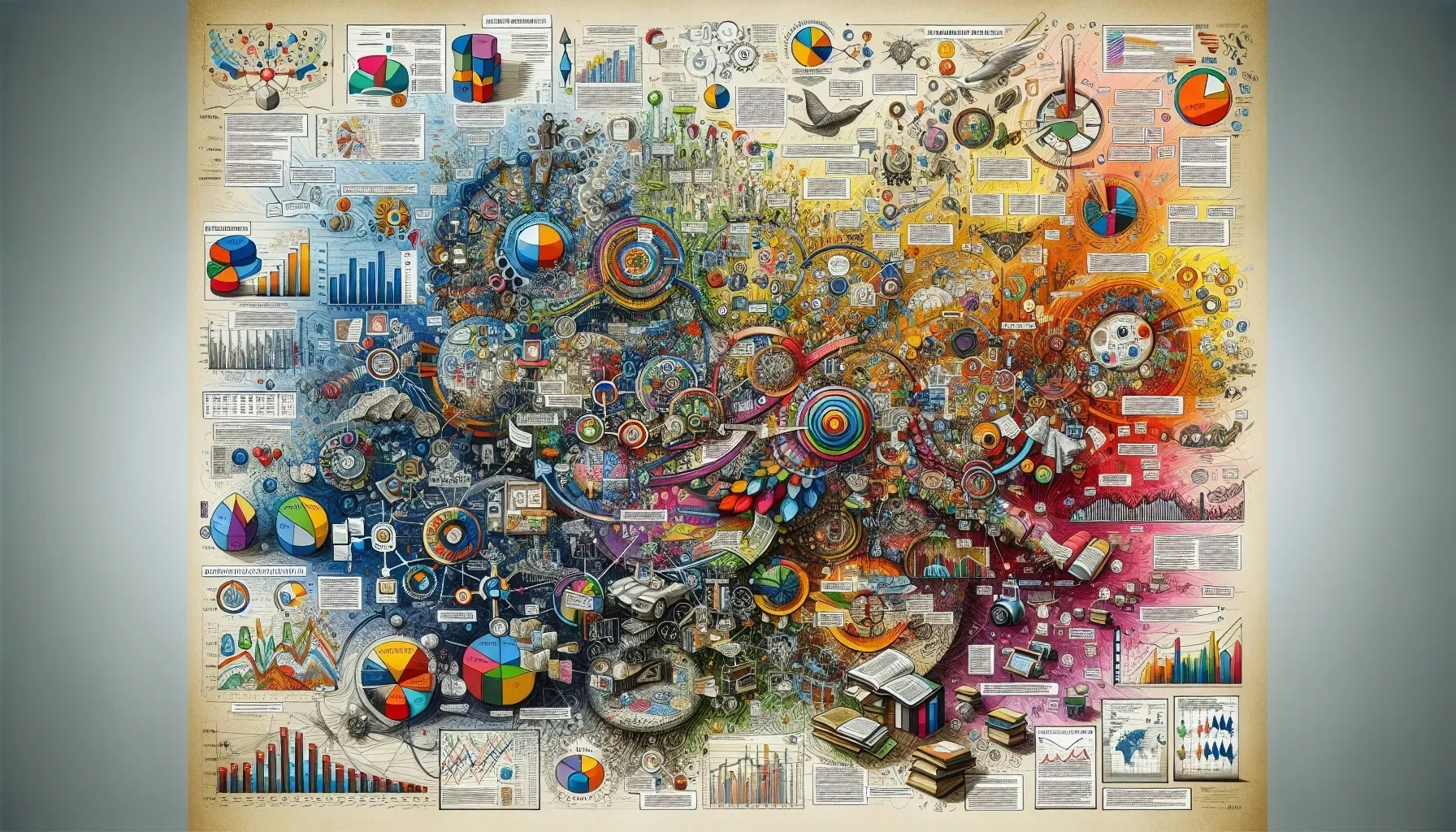How Can Complex Economic Concepts Be Effectively Communicated to a Non-Expert Audience?
Economist Zone

How Can Complex Economic Concepts Be Effectively Communicated to a Non-Expert Audience?
Communicating complex economic concepts to a non-expert audience is an art that requires both skill and creativity, as a Financial Professional demonstrates by breaking down concepts into smaller, more digestible chunks. Alongside expert advice, we've gathered additional answers that reflect a variety of effective strategies employed by those in and out of the economic field. From the power of storytelling to the clarity brought by data visualization techniques, explore the impactful ways in which professionals bridge the gap between economic complexity and everyday understanding.
- Break Concepts into Smaller Chunks
- Use Relatable Analogies
- Leverage Interactive Learning Tools
- Employ Plain, Jargon-Free Language
- Utilize Data Visualization Techniques
- Convey Principles Through Storytelling
Break Concepts into Smaller Chunks
What's worked for me in explaining complex economic concepts to those unfamiliar with the idea is breaking the concept down into smaller chunks. My mission is to stomp out financial illiteracy by teaching people how money works. Knowledge is no good if the person or group doesn't understand what's being taught. By breaking concepts into smaller categories, my clients and agents are able to more easily understand what I'm talking about and put those concepts into action! After all, properly applied knowledge is power!
Use Relatable Analogies
Simplifying complex economic concepts for a non-expert audience can be done by using analogies that draw from common life experiences. For instance, explaining inflation can be akin to discussing how your grocery bill goes up without buying more items. The key is to connect the unfamiliar with the familiar, helping people understand sophisticated ideas in terms of situations they deal with every day.
Analogies make abstract ideas more concrete and relatable. Try finding an analogy that resonates with you when grappling with a tricky economic concept.
Leverage Interactive Learning Tools
To make learning about economics more engaging for those not well-versed in the field, interactive learning tools can play a pivotal role. Games, simulations, and online quizzes bring economic theories to life and help to internalize concepts through practical application. These tools simulate real-world scenarios, allowing learners to experiment with economic decisions and see the outcomes.
This method also provides instant feedback, which is crucial for understanding what went right or wrong. Explore interactive tools to help demystify economics for you and others.
Employ Plain, Jargon-Free Language
Communicating complex economic ideas in a way that is easy for anyone to understand requires the use of plain, jargon-free language. Avoiding technical terms and acronyms helps to prevent confusion and keeps the listener’s attention focused on the concept rather than on deciphering the language. Simplification doesn't mean loss of accuracy; instead, it's about clarity and comprehension.
When the language is clear, the listener can stay with you every step of the way. Next time you come across an economic article, try translating it into simpler terms.
Utilize Data Visualization Techniques
Data visualization is an extremely effective way to present complicated economic data to individuals who are not specialists. Infographics and charts turn numbers and statistics into images that tell a story, making it easier to spot patterns and understand trends without getting lost in complex details. A well-designed chart can often communicate in a moment what might take paragraphs of text to explain.
The use of color, proportion, and layout can further guide the viewer to the most important parts of the data. Look for these visuals in economic news articles to help you better understand the story behind the numbers.
Convey Principles Through Storytelling
Storytelling is a powerful method to convey complex economic principles in a manner that resonates with a non-expert audience. By weaving economics into narratives about people and their challenges and triumphs, abstract concepts become personal and impactful. Stories help to contextualize theories, making them relevant and memorable.
They can also evoke emotions and generate a greater interest in the subject matter. Listen to a story about an economic phenomenon and notice how much more relatable the information becomes.